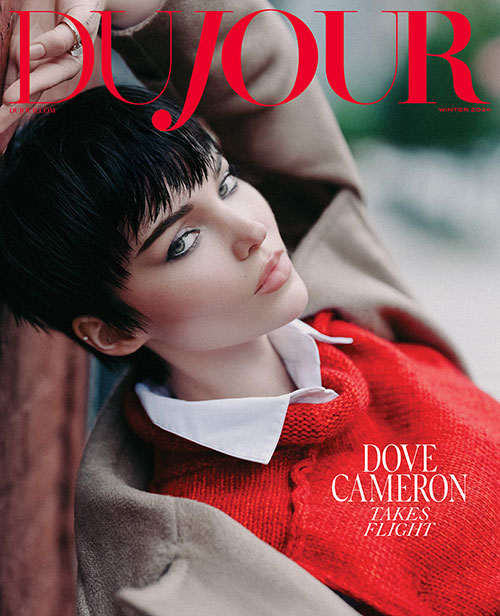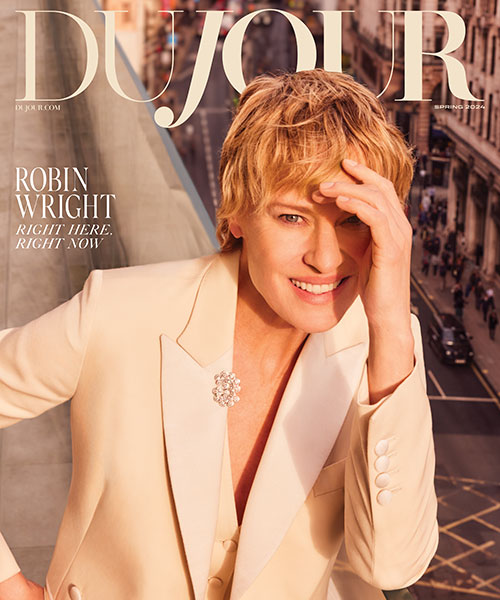Get the Look: Venus Williams for DuJour, December 2017
The tennis icon shows her off-court power moves to the world, and they’re unlike anything we’ve seen from her before
Written by Atalie Gimmel
Photographed by Victoria Stevens
Styled by Ashley Pruitt
Dress, $1,275, jacket, $675, MAX MARA, Bergdorf Goodman. Ring in 18-karat rose gold, $2,900, DAVID YURMAN, davidyurman.com. RM 037 Ladies Automatic, $128,500, RICHARD MILLE, richardmille.com.






